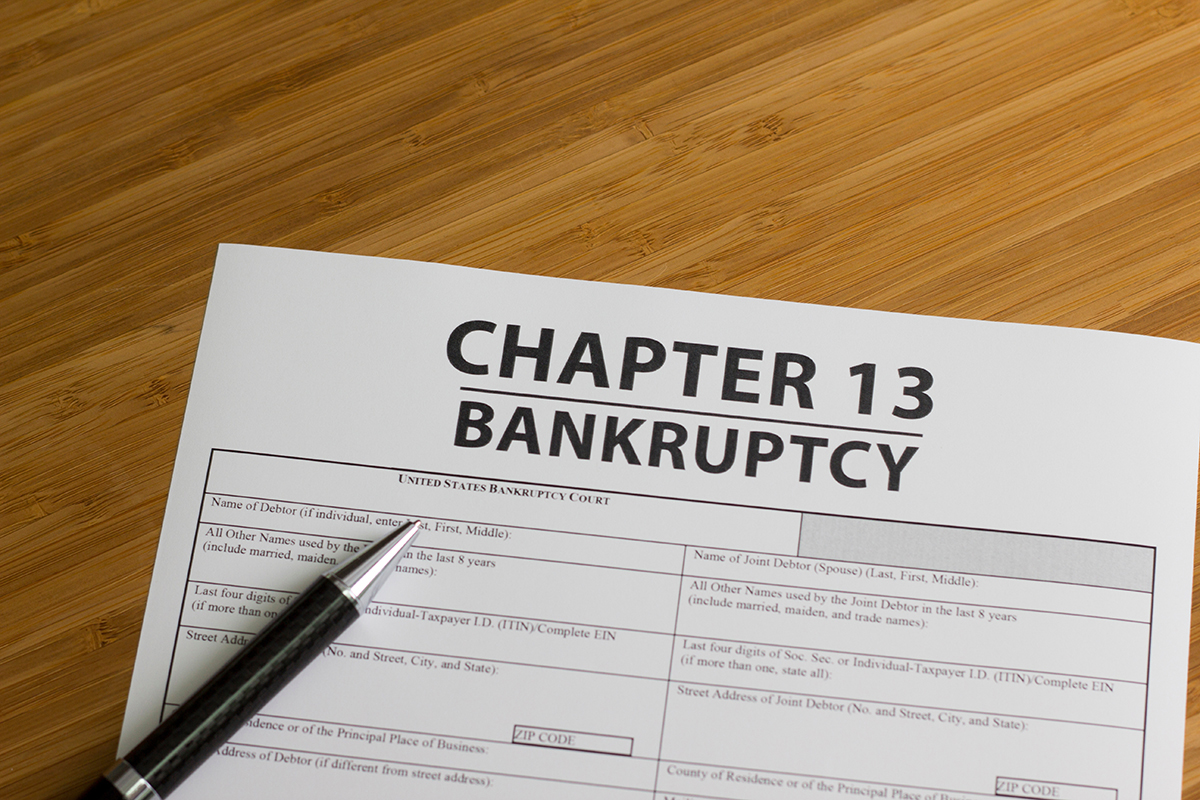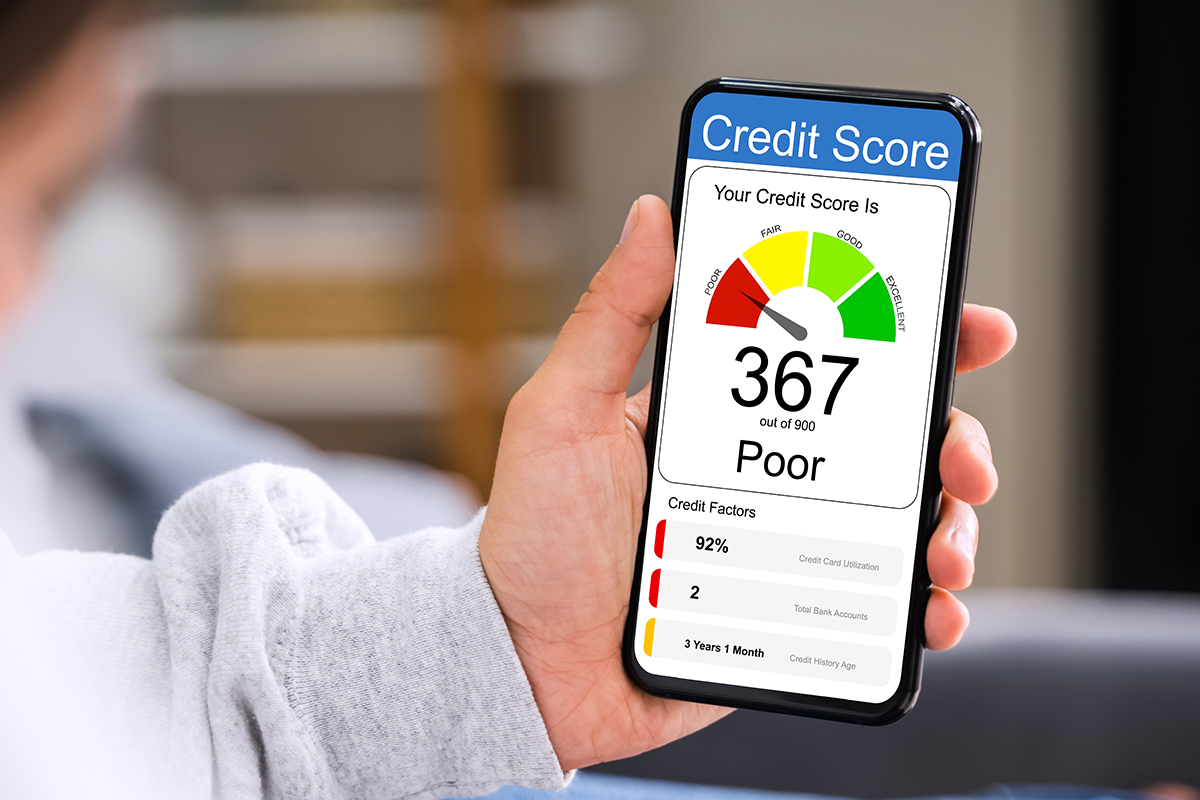Are you facing eviction and considering filing for bankruptcy?
We’ve got answers to your questions on bankruptcy and evictions.
What is an Eviction?
An eviction refers to the legal process in which a landlord terminates a tenant’s right to occupy a rental property permanently. It is typically initiated when a tenant breaches the terms of their lease agreement, such as by failing to pay rent, causing significant property damage, or engaging in illegal activities within the premises.
The eviction process starts with the landlord serving the tenant with a formal eviction notice, outlining the reason for eviction and providing a specific timeframe in which the tenant must vacate the property. If the tenant fails to comply, the landlord can file a lawsuit, known as an unlawful detainer action, to regain possession of the property.

Chapter 7 Bankruptcy, The Automatic Stay and Eviction
When someone files for Chapter 7 bankruptcy, an automatic stay is initiated. The automatic stay provides immediate protection against most collection activities, including eviction proceedings. This means that, temporarily, the landlord cannot proceed with the eviction process. This automatic stay is only a temporary stay on eviction and does not apply in cases involving illegal activities, endangerment, or breaches of lease agreements.
Although the automatic stay may provide some temporary relief, it does not guarantee an eviction will be permanently removed. Landlords may seek relief from the automatic stay to proceed with eviction proceedings. The court might grant this relief if there are valid grounds for eviction, such as non-payment of rent, lease violations, or property damage.
Whether or not an eviction will be removed by Chapter 7 bankruptcy depends on various factors, including state laws, the stage of the eviction process, and the specific circumstances of the case.
Chapter 13 Bankruptcy and Eviction
When it comes to evictions, Chapter 13 bankruptcy provides certain protections but does not entirely eliminate the issue. The automatic stay goes into effect as soon as the bankruptcy petition is filed. This stay halts all collection efforts, including eviction proceedings, initiated by landlords or creditors. The stay is temporary and merely delays evictions rather than eliminating them outright.
The length of the delay in eviction proceedings during Chapter 13 bankruptcy depends on several factors, including the jurisdiction’s local rules and the landlord’s response. The automatic stay can buy tenants critical time to catch up on rental payments and avoid eviction.
Chapter 13 bankruptcy further offers tenants the opportunity to include their past-due rental payments in their repayment plan. This enables them to cure their rental defaults over time, potentially resolving the eviction threat. Tenants must remain current on their ongoing rental payments alongside the Chapter 13 plan payments to avoid further complications.
Chapter 13 bankruptcy does not dismiss any legitimate eviction action based on a breach of lease terms or other non-rent-related reasons. If a tenant is engaged in illegal activities on the premises, causing significant damage, or violating lease terms in other substantial ways, a landlord may still proceed with an eviction despite the bankruptcy filing.

Will Bankruptcy Clear Past Evictions?
Bankruptcy primarily focuses on eliminating or reorganizing financial obligations, such as credit card debts, medical bills, or personal loans. It does not directly address eviction records.
Eviction records itself will remain visible in public records and future background checks for several years. Landlords, property managers, and potential lenders may still consider past evictions when assessing your rental or loan applications. [1]
Failure to disclose past eviction records can lead to serious penalties or even the dismissal of your bankruptcy case.
How Long Does Eviction Stay on a Credit Report?
Being evicted can have severe consequences for your creditworthiness. While it can vary depending on the credit reporting agency, an eviction can remain visible on your credit report for up to seven years. This can significantly impact your ability to secure future rental accommodations and even influence potential employers or lenders who access your credit history during the application process. [2]
Once the eviction record reaches the seven-year mark, it should no longer impact your credit report.
Seeking legal advice from a bankruptcy attorney or credit counselor can guide you through your options and help you develop a plan to overcome these challenges and achieve a more stable financial future.

Are you facing eviction and wondering if bankruptcy can help you get rid of it?
Contact Frego Law today to schedule a consultation.
FAQs
While bankruptcy can provide some relief and potentially discharge other types of debts, it generally does not eliminate the responsibility for unpaid rent. The specific circumstances and type of bankruptcy you file may impact how your outstanding rent is handled. You may be able to negotiate with your landlord or create a repayment plan as part of the bankruptcy process.
Landlords conduct background and credit checks as part of the application process, and a bankruptcy and eviction history may raise some concerns. Some landlords may be willing to overlook these issues, especially if you can demonstrate a steady income, have a co-signer, or provide a larger security deposit. Be honest and transparent about your financial history when applying for a new apartment, as some landlords may appreciate your candidness.
One option is to negotiate with your landlord or the collection agency involved to settle the past-due rent or eviction judgment. By reaching a payment agreement, you may be able to ask them to update the eviction status on your credit report. Another alternative is to dispute the accuracy of the eviction information on your credit report if you believe there are errors or inconsistencies.
Sources:
[1] Mizes, B. (2023, July 20). 6 FAQs About How to Get an Eviction Off Your Credit History. Clever Real Estate. https://listwithclever.com/real-estate-blog/6-faqs-about-how-to-get-an-eviction-off-your-credit/
[2] Heinz, A. (2024, January 9). How To Get an Eviction Off Your Record: 6 Steps. The Rent. Blog : A Renter’s Guide for Tips & Advice. https://www.rent.com/blog/how-to-get-an-eviction-off-your-record/




